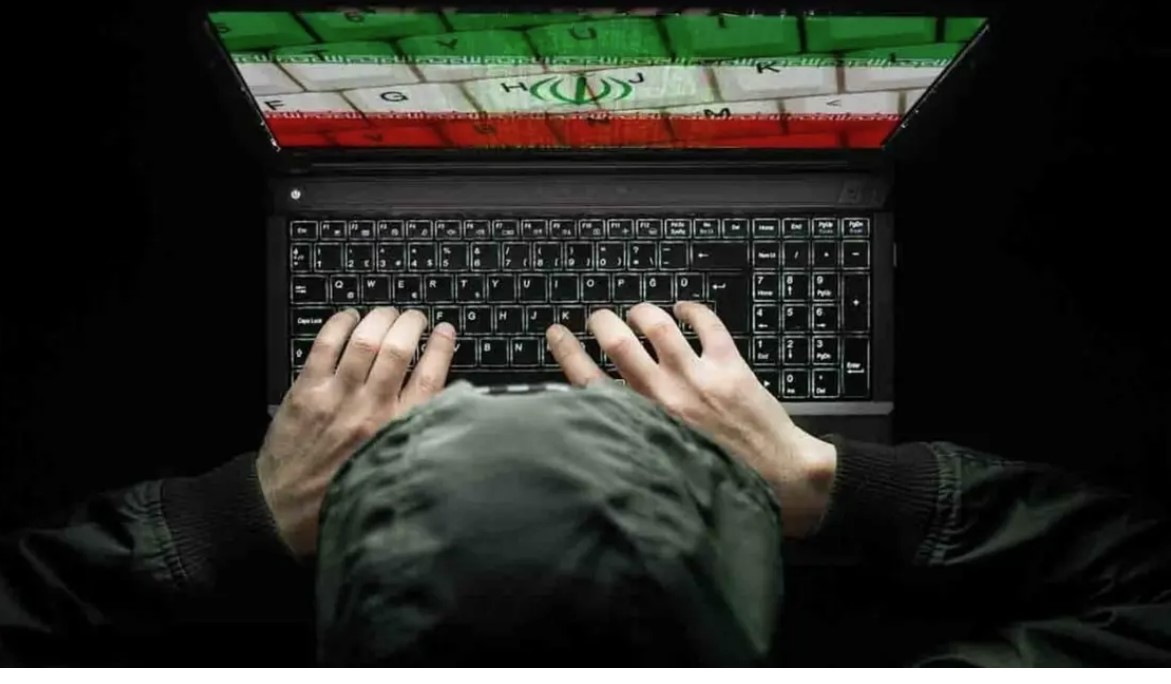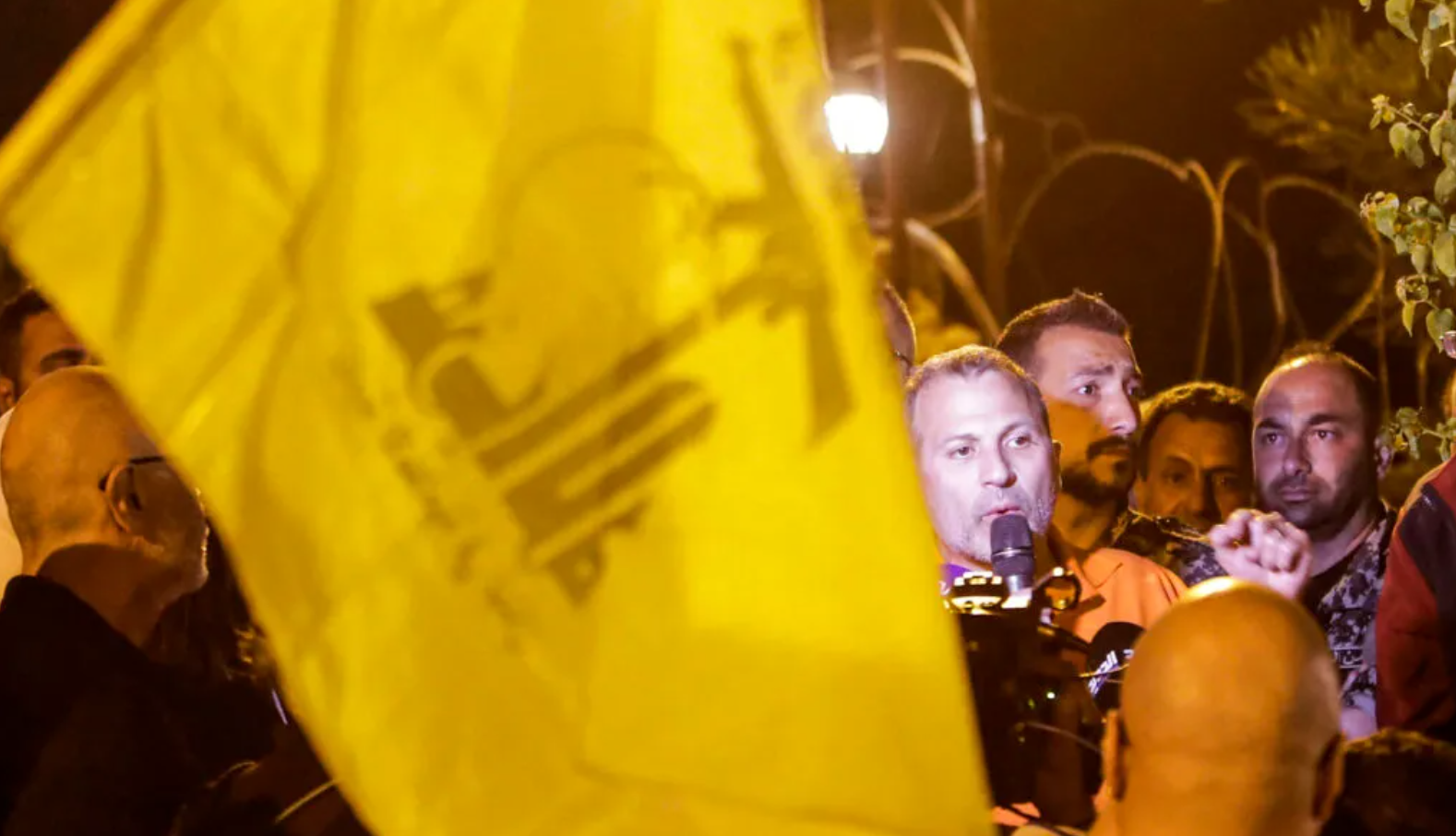
by microsoft.com -- Microsoft successfully detected and disabled attack activity abusing OneDrive by a previously undocumented Lebanon-based activity group Microsoft Threat Intelligence Center (MSTIC) tracks as POLONIUM. The associated indicators and tactics were used by the OneDrive team to improve detection of attack activity and disable offending actor accounts. To further address this abuse, Microsoft has suspended more than 20 malicious OneDrive applications created by POLONIUM actors, notified affected organizations, and deployed a series of security intelligence updates that will quarantine tools developed by POLONIUM operators. Our goal with this blog is to help deter future activity by exposing and sharing the POLONIUM tactics with the community at large.
MSTIC assesses with high confidence that POLONIUM represents an operational group based in Lebanon. We also assess with moderate confidence that the observed activity was coordinated with other actors affiliated with Iran’s Ministry of Intelligence and Security (MOIS), based primarily on victim overlap and commonality of tools and techniques. Such collaboration or direction from Tehran would align with a string of revelations since late 2020 that the Government of Iran is using third parties to carry out cyber operations on their behalf, likely to enhance Iran’s plausible deniability.

By Matt Unicomb in Sydney -- middleeasteye.net -- In some of Sydney's suburbs, streets are lined with Arab grocery stores, halal butchers and kebab shops, run mostly by Lebanese immigrants and their descendants. The thriving community, which is one of the most deep-rooted in the country, gives a distinctively Lebanese flavour, reminding locals of back home. Many among Australia’s Lebanese community trace their families' arrival back to the 1960s and 1970s, when the number of Lebanese-born residents tripled to 33,424. By 2016, the year of Australia’s most recent census, there were 76,450 Lebanese-born people in Australia.
Lebanon’s civil war, which began in 1975, prompted the Australian authorities to loosen visa requirements for the family members of the Lebanese community already in Australia, which led to the third and largest wave of Lebanese immigration. Today, more than 230,880 people in the country identify as Lebanese Australians, a cohort that includes some of Australia’s best-known authors, artists, athletes, politicians and scientists. “We are so different, and our experiences are so different,” says Michael Mohammed Ahmad, a writer, who lives in Sydney. “But there’s still a sense of familiarity when we talk to one another.”
A diverse community
The range of religions represented is as diverse as in Lebanon itself, with both Sunni and Shia Muslims making up around 40 percent of the community, and Christian denominations like Protestants, Greek Orthodox, Maronites and Melkites accounting for around 48 percent. Compared to other prominent minorities, such as Afghan or Sudanese, Australia’s Lebanese community is well established. The 2016 census showed that 83 percent of Lebanese-born people in Australia arrived before 2007, significantly higher than the 61 percent of the population born overseas. Around 70 percent of the Lebanese community lives in New South Wales, Australia’s most populated state.

Beirut –Youssef Diab -- aawsat.com -- Lebanon’s opposition deputies have expressed fears of a “new deal” between the Shiite duo - represented by Amal and Hezbollah - and the Free Patriotic Movement (FPM), which would grant them the necessary majority to tailor the future government and elect a new president of the republic in October. Those fears are actually based on Tuesday’s parliamentary session, which saw the re-election of Parliament Speaker Nabih Berri for a seventh consecutive term and the election of FPM MP Elias Bou Saab as deputy speaker, within the framework of an undeclared agreement between the Shiite duo and the FPM, as described by some lawmakers.
The opposition deputies explained that Berri and Bou Saab have both received 65 parliamentary votes, as a result of a prior agreement between the two blocs. The head of the FPM, MP Gebran Bassil, had denied this claim, asserting that his bloc had cast a blank vote in the speaker’s election. In this regard, the head of the National Liberal Party, MP Camille Chamoun, justified this agreement by “the tripartite alliance’s fear of the arrival of a large and effective force to the Parliament.” In remarks to Asharq Al-Awsat, he said: “The people, who gave us their confidence, want actions and a clear methodology to achieve their interests, not the interests of politicians.” He called on the forces of change to reach out to the opposition deputies from the traditional political blocs, and to coordinate fully in order “to prevent the other side from consolidating its power.”

سجعان قزي
@AzziSejean
هل أطاحَت نتائجُ جلسةِ 31 أيّار نتائجَ انتخاباتِ 15 أيّار؟ الكُتلُ النيابيّةُ السياديّةُ/التغييريّةُ يُعزّي بعضُها بعضًا بأنَّ الرئيسَ نبيه برّي فاز لأوّلِ مرةٍّ بأكثريّةِ النِصفِ زائدًا واحدًا. لكنَّ الجميعَ تناسَوا أنَّ عددَ الأصواتِ يَدومُ أربعَ ساعاتٍ بينما فوزُه يَدومُ أربعَ سنوات. القوى التي تُقدِّرُ ذاتَها أكثريّةً سياديّةً فَشِلت في تحقيقِ اختراقٍ في نيابةِ رئاسةِ المجلس وغيرِها، فيما الشعبُ انتخَبها لتَتّحِدَ وتَنتصر. والنوّابُ أدْعياءُ التغييرِ فوّتوا في أوّلِ جلسةِ نيابيّةٍ يَحضُرونَها فرصةَ أن يكونوا كُتلةً موحَّدةً ووازنةً رغمَ أصواتِهم الثلاثةَ عشرَ وتَسبّبوا بفوزِ الفريقِ الذي اتّهموه بالاعتداءِ عليهم أثناءَ التظاهرات! و"الوسطيّون" عَوّموا قوى 8 آذار، ثم عادوا في اليومِ التالي يُعطون دروسًا في الوِحدة للسياديّين!
إنَّ الطرحَ السياديَّ والتغييريَّ لا يَكفي ليكونَ الطارحُ قوّةً سياديّةً وتغييريّة. إنَّ النضالَ الفِعليَّ بكلِّ الوسائلِ المتاحَةِ قانونيًّا أو وطنيًّا من أجلِ السيادةِ والتغييرِ هو معيارُ الانتماءِ إلى الفريقِ السياديِّ والتغييريِّ. حتى الآن نَسمَعُ كلامًا في الإعلامِ عن السيادةِ والتغيير، ولا نرى نضالًا جِدّيًا من أجلِ تحقيقِهما. حين بَلغ هنيبعل التاسعةَ من العمرِ اصْطحَبه والدُه، هَمِلْكار، إلى مَعبدِ مِلْكارت الفينيقيِّ في قَرطاجة ليُقسِمَ اليمينَ "المقدَّسَ" على "ألّا يكونَ يومًا صديقًا للرومان". ظلَّ هذا القسمُ وعدًا إلى أن أعلنَ هنيبعل الحربَ على روما من سنةِ 214 ق.م حتّى وفاتِه نحو سنةِ 183 ق.م.
Khazen History


Historical Feature:
Churches and Monasteries of the Khazen family

St. Anthony of Padua Church in Ballouneh
Mar Abda Church in Bakaatit Kanaan
Saint Michael Church in Bkaatouta
Saint Therese Church in Qolayaat
Saint Simeon Stylites (مار سمعان العامودي) Church In Ajaltoun
Virgin Mary Church (سيدة المعونات) in Sheilé
Assumption of Mary Church in Ballouneh
1 - The sword of the Maronite Prince
2 - LES KHAZEN CONSULS DE FRANCE
3 - LES MARONITES & LES KHAZEN
4 - LES MAAN & LES KHAZEN
5 - ORIGINE DE LA FAMILLE
Population Movements to Keserwan - The Khazens and The Maans
ما جاء عن الثورة في المقاطعة الكسروانية
ثورة أهالي كسروان على المشايخ الخوازنة وأسبابها
Origins of the "Prince of Maronite" Title
Growing diversity: the Khazin sheiks and the clergy in the first decades of the 18th century
Historical Members:
Barbar Beik El Khazen [English]
Patriach Toubia Kaiss El Khazen(Biography & Life Part1 Part2) (Arabic)
Patriach Youssef Dargham El Khazen (Cont'd)
Cheikh Bishara Jafal El Khazen
Patriarch Youssef Raji El Khazen
The Martyrs Cheikh Philippe & Cheikh Farid El Khazen
Cheikh Nawfal El Khazen (Consul De France)
Cheikh Hossun El Khazen (Consul De France)
Cheikh Abou-Nawfal El Khazen (Consul De France)
Cheikh Francis Abee Nader & his son Yousef
Cheikh Abou-Kanso El Khazen (Consul De France)
Cheikh Abou Nader El Khazen
Cheikh Chafic El Khazen
Cheikh Keserwan El Khazen
Cheikh Serhal El Khazen [English]
Cheikh Rafiq El Khazen [English]
Cheikh Hanna El Khazen
Cheikha Arzi El Khazen
Marie El Khazen